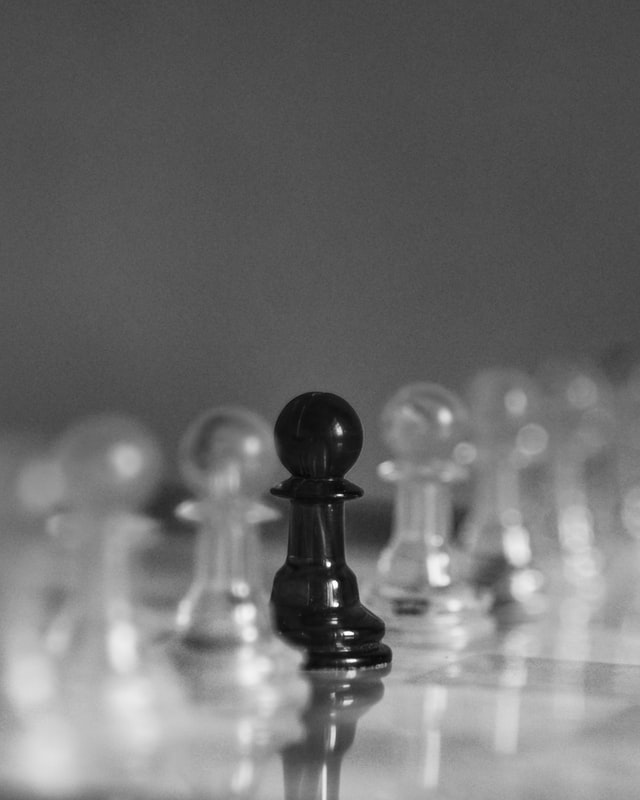In 1995 rapper Skee-Lo came out with a track titled, “I wish”. On it he waxed about his hopes to be a little bit taller and a baller because, as he puts it, jocks got all the fly girls. He was referring to a commonly held stereotype. I don’t remember hearing that song in ‘95––back then hip-hop culture trickled up to us in Canada a lot slower than it does today––but by 1999, the time I entered high school, every Black person I knew could jokingly repeat the hook to that song. Some of us weren’t joking though.
That thought still runs through my brain on bored bored afternoons. Wondering if the time I set my alarm clock or the number of surgeries I’ve had on ligaments in my body or the amount I owe on my mortgage would all be different if I caught a few more inches during high school. Sometimes I wish I lived up to a stereotype.
Sometimes.
Most times I’m grateful that I was decent enough at football to earn a college scholarship. And then lucid enough to come to an understanding that I wasn’t going to do shit with football after college. But I feel that way now. As a grown man, my expectations on life vary from the thoughts I had as a teen. Now I’m offended when people assume things about me based on my body. Then I revelled when people prophesied the pathways I could take based on their perceptions of me.
Sometimes.
Back then certain folks assumed I would live up to a stereotype. They nurtured that side of my being, neglecting all the other parts. But the stereotype I was manifesting in high school was that of the Black athlete. Damaging indeed but less disastrous. What about those kids who feel they are at risk of living up to more dangerous stereotypes? How do we as educators––and as a system––stave off these teenagers from consenting to the harmful forecasts? How do we help them see beyond living up to a stereotype?
I also wanted to take up parts of the stereotypes that were laid down on me. And I wonder if I owe a share of the responsibility because I lived up to certain projections. Or if the students that I teach realize that, sometimes, they seem to be living up to a stereotype. Because Black culture overlaps with tropes that are used to degrade and harm Black folks, I teeter on how I can use my position within education to shatter prevailing stereotypes while also giving the young Black students I teach the agency to mold and remold themselves. I survived the stereotypes that I projected and the ones that were projected onto me. And now I hope that the Black students I teach can live without necessarily having to live up to those same stereotypes.

